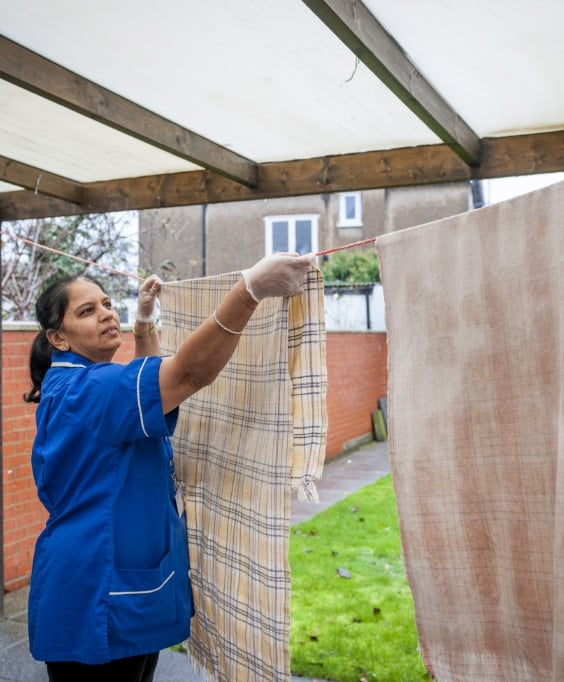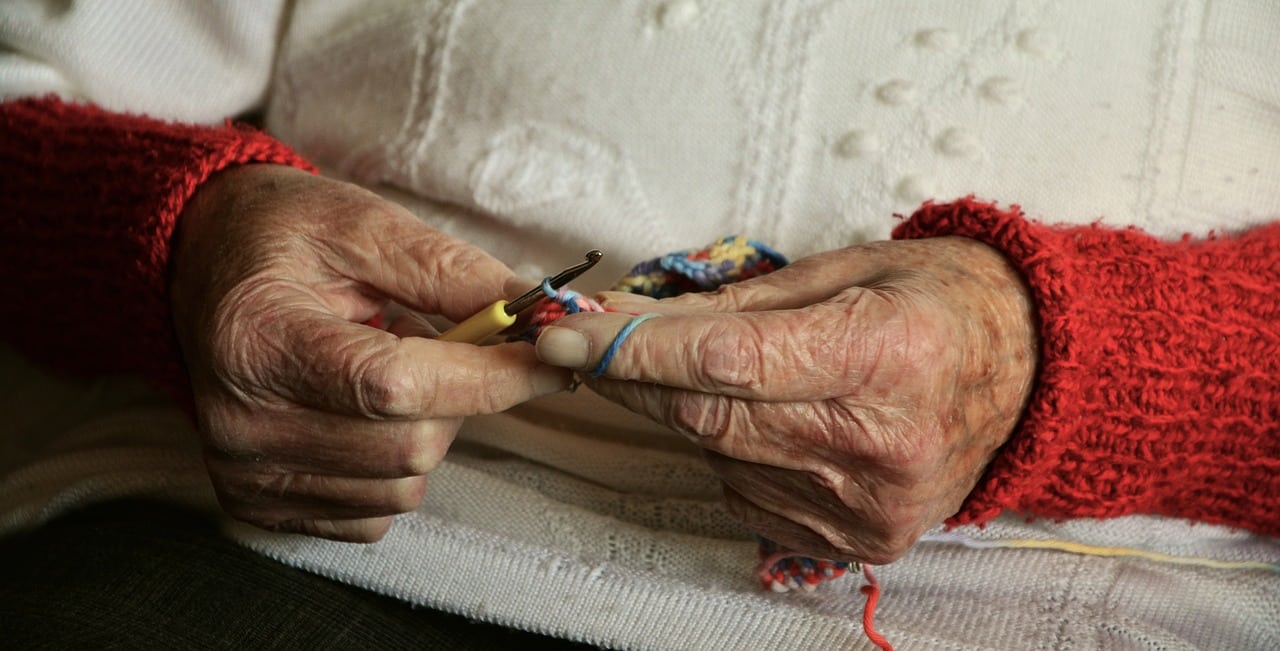Exploring the Comforts of Home Care

As individuals age or encounter health complications, the ability to remain in the comfort of one’s own home becomes a significant consideration. This is where home care enters the equation. Home care has emerged as an essential support structure, enabling countless individuals to enjoy a good quality of life in familiar surroundings.
Home care is designed to support individuals who need help with daily activities or medical requirements but wish to remain in their own homes. This assistance can encompass a wide variety of services, from help with personal care such as bathing and dressing, to domestic tasks like cooking and cleaning, and even medical support such as medication management.
Why Home Care is Gaining Popularity
Home care’s rising popularity is undeniable. A major reason for this trend is its ability to promote a sense of independence among those it serves. Unlike institutional settings, home care provides one-on-one care personalised to the individual’s needs, offering both physical support and emotional companionship.
According to the UK Homecare Association, approximately 873,500 people in the UK received home care in 2020, illustrating its widespread acceptance and demand. Importantly, studies such as one published by the London School of Economics highlight that home care not only improves quality of life, but can also be a cost-effective alternative to residential care.

Delving Deeper into the Comforts of Home Care
The comforts of home care are multifaceted. At the heart of these comforts is the preservation of one’s home environment. Being surrounded by familiar sights, sounds, and memories can significantly improve a person’s wellbeing, particularly those with cognitive conditions such as dementia.
Furthermore, home care can alleviate the feeling of being a burden to family members, as individuals know they are receiving professional support without significantly impacting their loved ones’ daily routines. Additionally, it enables people to maintain their daily routines and habits, which can be particularly reassuring for older adults.
Home Care as a Complementary Service
It’s important to remember that home care isn’t a replacement for family involvement or medical care. Instead, it complements these areas, working in harmony with other support mechanisms to provide the best possible care. It ensures professional assistance is available when needed, offering respite for family members and ensuring that complex medical needs are appropriately managed.
Looking Forward
The future of home care looks bright, with ongoing advancements in technology and healthcare set to further enhance its offerings. From telemedicine to smart home technologies, these developments will facilitate greater independence and quality of life for individuals receiving home care.
The comforts of home care extend beyond just the physical. They encompass the emotional, psychological, and social aspects of an individual’s life, contributing significantly to their overall wellbeing. Home care, in essence, represents more than just a service – it signifies a commitment to promoting dignity, respect, and independence for individuals, all in the heart of their own home.